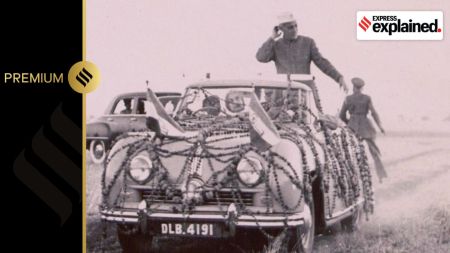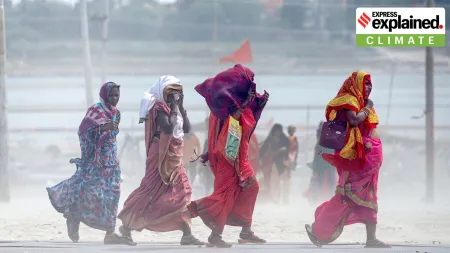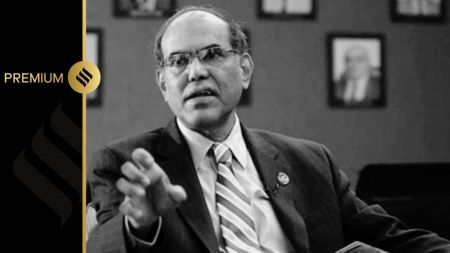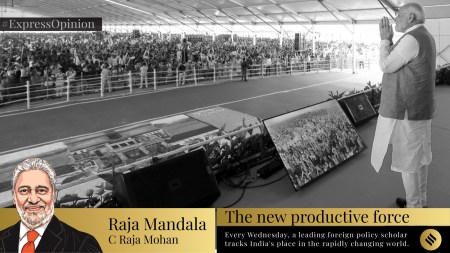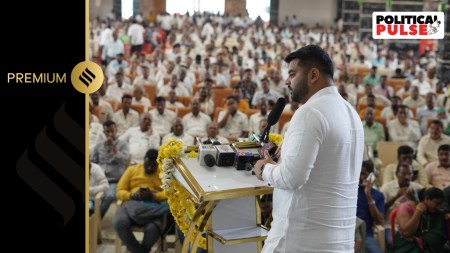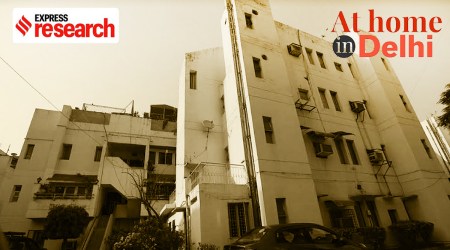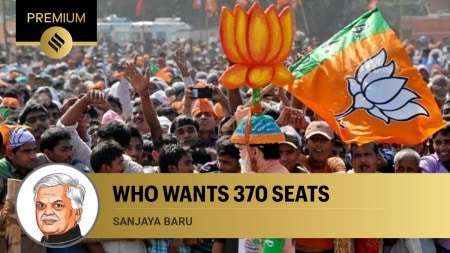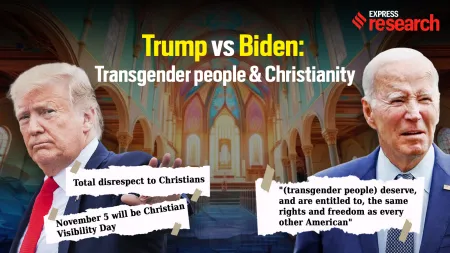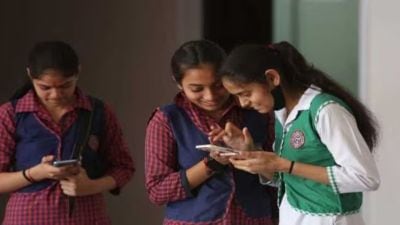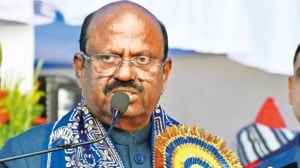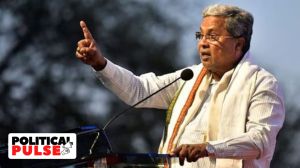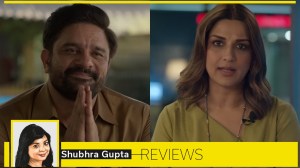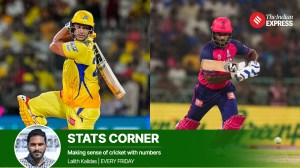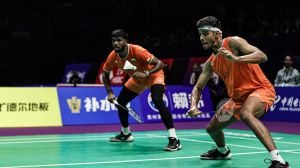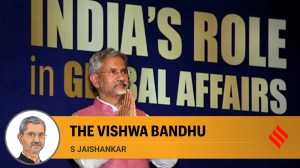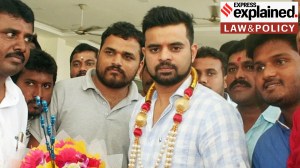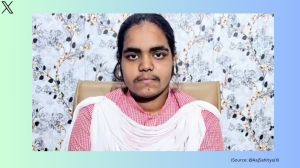- India
- International
‘I’d like to die with my boots on’: Shabana Azmi
The veteran actor on drawing from life for her roles and the one genre she would still like to explore
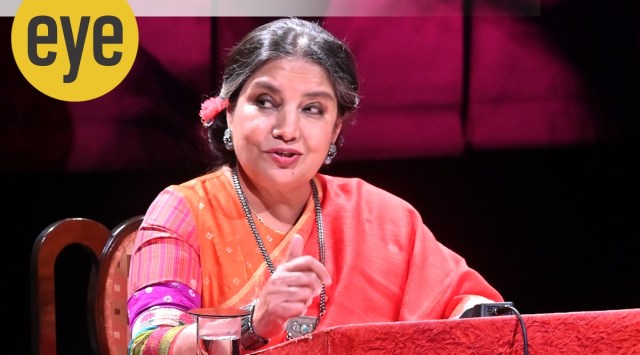 Shabana Azmi performing Kaifi aur Main at the Delhi Theatre Festival
Shabana Azmi performing Kaifi aur Main at the Delhi Theatre Festival The year is 1947. Shaukat met Kaifi at a mushaira in Hyderabad, where the latter recited his ghazals with such aplomb that it was just a matter of time before she fell for the revolutionary poet, and he, with equal intensity, reciprocated. This wasn’t to be their final rendezvous and thus began a love story that would make even the po-faced simper, even after over seven decades. It wasn’t easy — Kaifi was a Communist based in Mumbai, Shaukat was in Hyderabad; their letters to each other were often confiscated. However, one day when Kaifi sent a letter written in his blood, Shaukat went running to her father, who took her to Bombay to show how Kaifi and his comrades lived. “Do you still want to marry him?” her father asked. A resounding ‘yes’ was the answer. They got married soon after without the knowledge of Shaukat’s mother. Thus Shaukat, who was all of 19 at the time, became Kaifi’s main comrade-in-arms, a role she carried on for 55 years.
“This is the greatest love story I’ve ever seen or heard,” Shaukat and Kaifi’s daughter and one of Bollywood’s most formidable actors, Shabana Azmi, says, during a visit to the city to perform Kaifi aur Main, an IPTA production directed by Ramesh Talwar, at the recently concluded edition of the Delhi Theatre Festival.
Azmi is currently basking in the success of Karan Johar’s Rocky aur Rani kii Prem Kahaani, where she has an unusual turn as a grandmother whose granddaughter Rani (played by Alia Bhatt) and her love interest Rocky (played by Ranveer Singh) facilitate in establishing contact with a forgotten love. She also features in RK Balki’s Ghoomar that released on August 18, and is currently shooting for Steven Spielberg’s series Halo. “When I chose Karan’s film, people were so shocked. They said, ‘How can you be in a Karan Johar film?’ I said, well, watch the film. Now after they’ve seen the film, I’m getting so many compliments! People are saying, ‘Oh, how nice to see you in a romantic role and in a mainstream film.’ It feels wonderful because it was a judgement call and it’s being appreciated,” she says.
Her judgement has usually always stood her in good stead when it has come to her choice of roles. In the 1970s and ’80s, when she was still trying to find her feet in Bollywood, she had consciously veered away from mainstream movies where the female lead was often no more than a romantic prop. She veered instead towards the parallel cinema movement, working in films such as Ankur (1974), Nishant (1975), Arth (1982) and Mandi (1983). “I grew up in an atmosphere where my parents believed that art should be used as an instrument for social change. So it was inevitable that I inclined towards films that had a social meaning and a social purpose,” she says.
Her worldview has been largely shaped by her parents’ commitment to social welfare and her own experiences of having lived in a commune with eight other families till the age of nine, managing on the stipend that the Communist Party provided to its members. “In order to be an actor, your resource base has to be life itself.

When you’re connected with life, and when you look at injustice around you, it’s inevitable that you will ask the question: ‘Why is there social injustice? Why is there poverty?’ And once you ask the question, you’re bound to get involved. Moreover, when you are in a position where people listen to you, and are willing to go by what you say, then it’s a position that, I think, has a huge responsibility,” she says, recalling a time when she once turned to her father in frustration asking him if he did not feel disillusioned when change did not happen at the pace he wanted it to. Her father was unperturbed. “He told me when one is working for change, one should bring into that expectation, the possibility that the change may not occur in one’s lifetime; and yet one must carry on working towards it,” says Azmi, 72.
Having received a record-breaking five National Awards for acting, a Padma Bhushan, and being part of over 160 films, the actor still feels that there’s a lot more to come. “I’ve been lucky to be at the right place at the right time. But I hope that the best is still to come. There are many things I’d still like to do; I really want to explore one genre — horror… I’ve realised that the thing I enjoy most in life is acting. I’d like to die with my boots on,” says Azmi who has just finished working in Shekhar Kapoor’s upcoming What’s Love Got to Do With It?
May 03: Latest News
- 01
- 02
- 03
- 04
- 05


